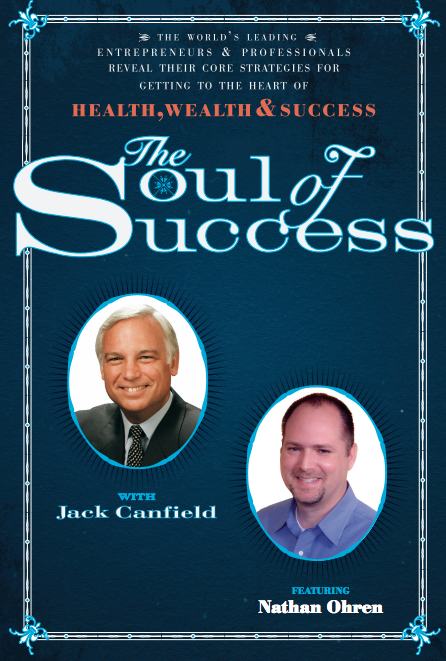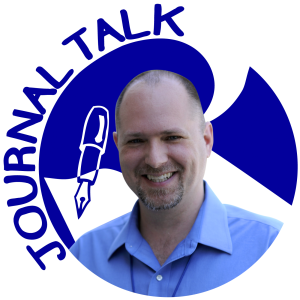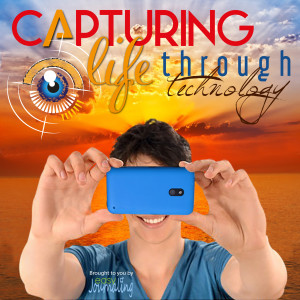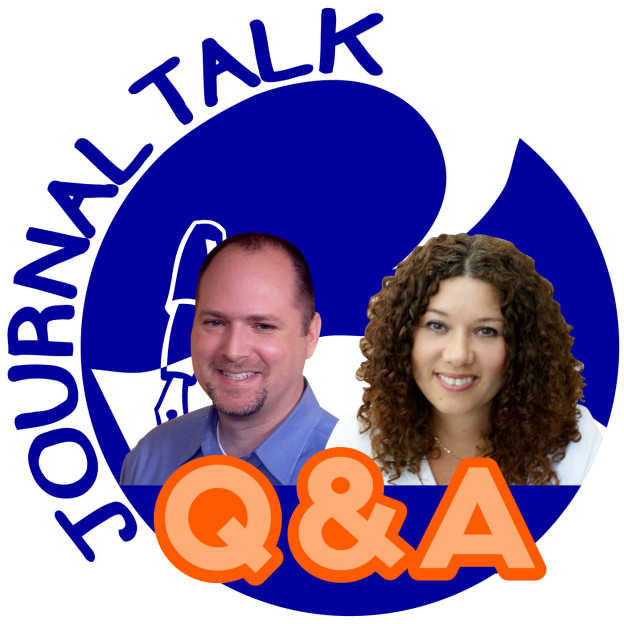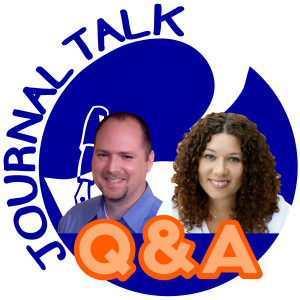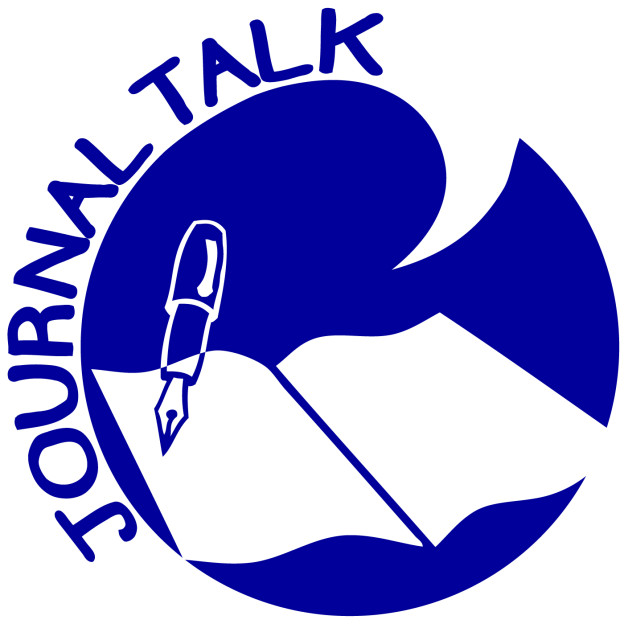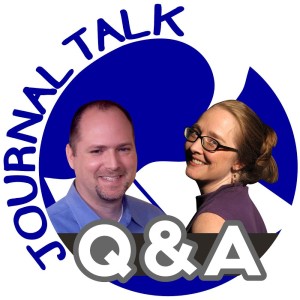Podcast: Play in new window
Subscribe: Apple Podcasts | RSS
 The traumatic student shooting in Columbine, Colorado (April 1999). Racial tragedies such as those in Charleston, South Carolina (2015) and Ferguson, Missouri (2014). The Los Angeles race riots of 1992. The World Trade Center collapse of 9/11. Events so profoundly sad and far-reaching inspire many people turn to their journals for reflection, prayer, grieving, and hope. Is it possible that journal-writing can offer healing on a community level? This precious question came from a member of Kay Adams’ Journal-to-the-Self community. For those who advocate a healthy journaling practice, how can one use their knowledge and training to bring strength and peace to entire communities of people in their time of need?
The traumatic student shooting in Columbine, Colorado (April 1999). Racial tragedies such as those in Charleston, South Carolina (2015) and Ferguson, Missouri (2014). The Los Angeles race riots of 1992. The World Trade Center collapse of 9/11. Events so profoundly sad and far-reaching inspire many people turn to their journals for reflection, prayer, grieving, and hope. Is it possible that journal-writing can offer healing on a community level? This precious question came from a member of Kay Adams’ Journal-to-the-Self community. For those who advocate a healthy journaling practice, how can one use their knowledge and training to bring strength and peace to entire communities of people in their time of need?
Jayde Gilmore and I discuss several ideas and resources, such as James Pennebaker’s Writing to Heal, John Evans’ work, and Lynda Monk’s Writing Alone Together. I am delighted that there are people both skilled and caring enough to bring this work to communities of people, and this episode will hopefully encourage more to prepare to do the same.
Your turn to answer: How can journal-writing be offered to communities who have suffered? Or, to mend the relationship between two groups of people? What ways have you shared the healing of power of words on a community level? Post your responses at the bottom of this webpage, in the comments section.
You may email your own journaling question to be featured on a future episode of JournalTalk. Or, pick up the telephone and leave a voicemail with your question at 1-805-751-6280 (only normal toll charges may apply). When your question is featured, we will send you a thank-you gift for sharing your voice! (JournalTalk Q&A, Episode #31, July 21, 2015)
Credits:
Audio Editing: Netrix Marketing
Music: Pond5.com
Voiceover: Thomas Gerrard
To Subscribe:
Apple/iPhone/iTunes: Click here.
Google/Feedburner: Click here.
Blubrry site: Click here.
To Listen: Click on the “play” button > at the top of this article.







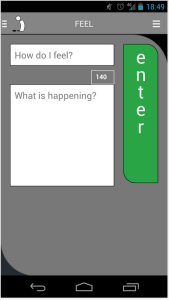 I recommend giving it a try, especially if you are one of those people with absolutely NO TIME for keeping a journal, and yet you’re smart and aware enough to understand the value of “checking in” with yourself on a frequent basis.
I recommend giving it a try, especially if you are one of those people with absolutely NO TIME for keeping a journal, and yet you’re smart and aware enough to understand the value of “checking in” with yourself on a frequent basis.